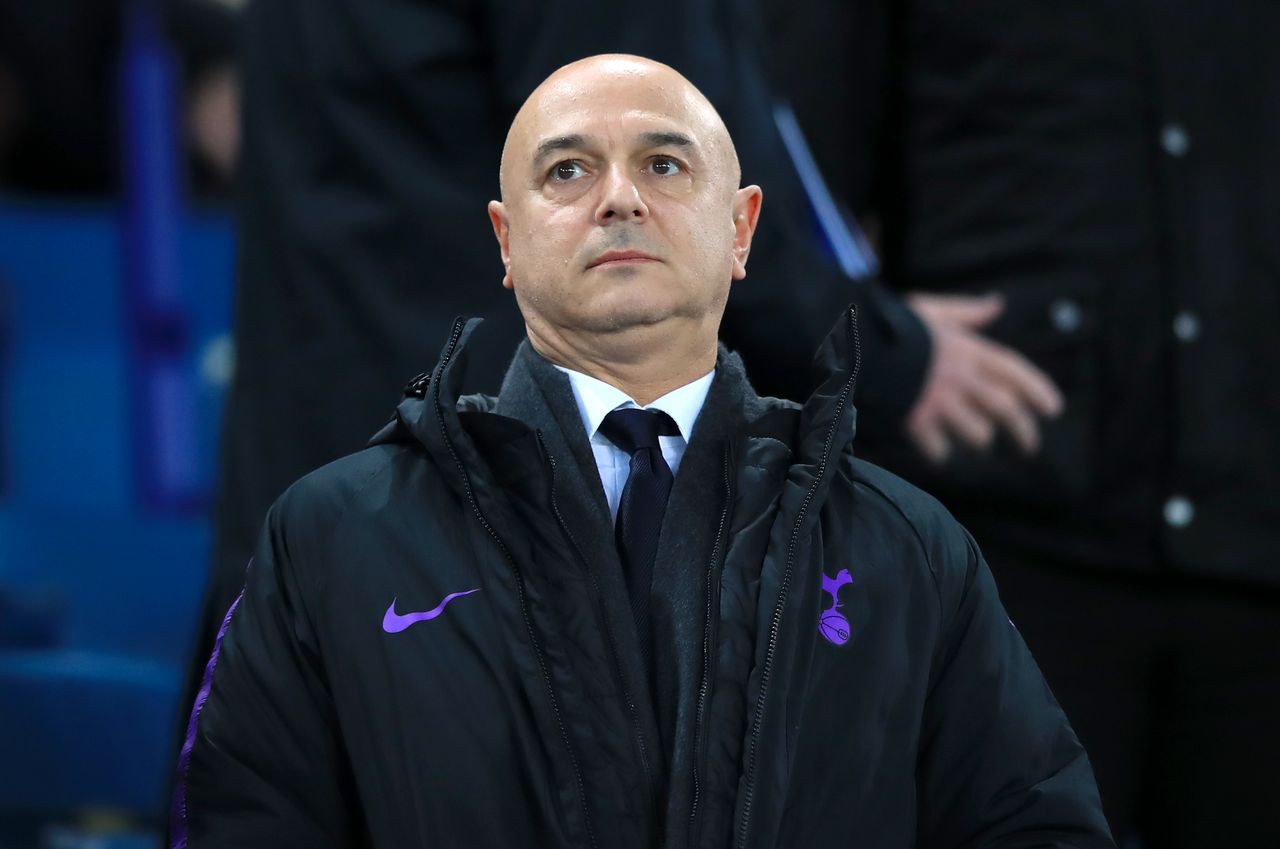Martin Jol, former manager of Tottenham Hotspur, has disclosed that Daniel Levy, the club’s chairman for over two decades, rejected the opportunity to sign Uruguayan striker Luis Suarez before his move to Liverpool in 2011. In an interview with Football.London, Jol reflected on his time at Tottenham and offered candid insights into Levy’s decision-making process.
Jol, who left Tottenham in 2007 after three seasons, described Levy as a “self-professed Spurs supporter” but criticized his lack of football knowledge. “He is not a communicator and he doesn’t know anything about football,” Jol stated, emphasizing that Levy’s expertise lies primarily in business rather than the sporting side of operations.
Throughout his tenure, Levy focused on maintaining the club’s financial health, achieving the Premier League’s lowest wages-to-turnover ratio in recent years. His approach to managing the club’s finances was evident during the construction of the state-of-the-art Tottenham Hotspur Stadium, which has drawn admiration from fans and critics alike. Despite these achievements, Jol noted that this financial acumen often clashed with the expectations of supporters regarding player recruitment.
Reflecting on his time at the club, Jol highlighted that Levy’s recruitment staff often failed to deliver talent that could elevate the team. “They spent £700 million or so over the last four or five years,” he said, adding that many signings turned out to be “misfits.” He lamented the missed opportunities to acquire quality players, underscoring the disconnect between Levy’s business outlook and the team’s competitive needs.
In the interview, Jol revealed a specific instance involving Suarez, whom he coached at Ajax during the 2009-10 season. He recalled urging Levy to consider the striker, stating, “I had Luis Suarez. I said: ‘Why didn’t you buy Suarez?’” Levy reportedly dismissed the idea, suggesting that Suarez was too similar to Rafael van der Vaart, another player on the Spurs roster at the time.
Jol found this reasoning puzzling, arguing that “Suarez is a striker” and not a right winger, as Levy seemed to believe. He used a tactical comparison to illustrate his point, noting how he had successfully deployed Suarez in a false wide role, similar to how current Liverpool star Mohamed Salah plays.
The revelation regarding Levy’s decision not to pursue Suarez raises questions about Tottenham’s recruitment strategies during his long tenure. Many fans might view Jol’s comments as a critique of Levy’s leadership and an indication of opportunities lost during the chairman’s time at the helm.
As Levy steps away from his role at Tottenham, having dedicated nearly a quarter of a century to the club, Jol’s insights provide a glimpse into the complexities of managing a football club at the highest level. Both his praise for Levy’s business acumen and criticism of his football decisions reflect the challenges facing football executives in balancing financial stability with competitive ambition.
